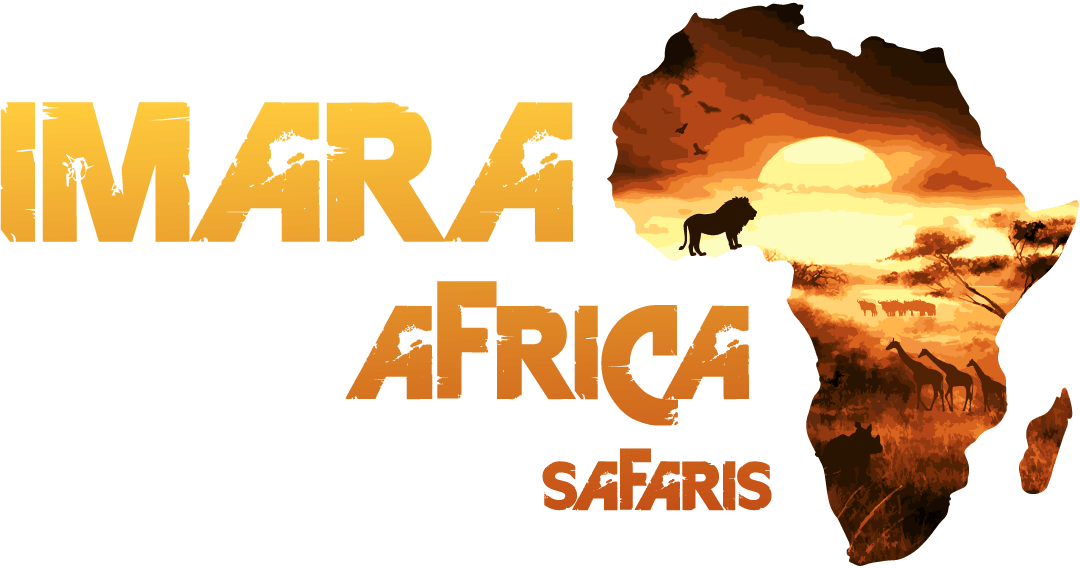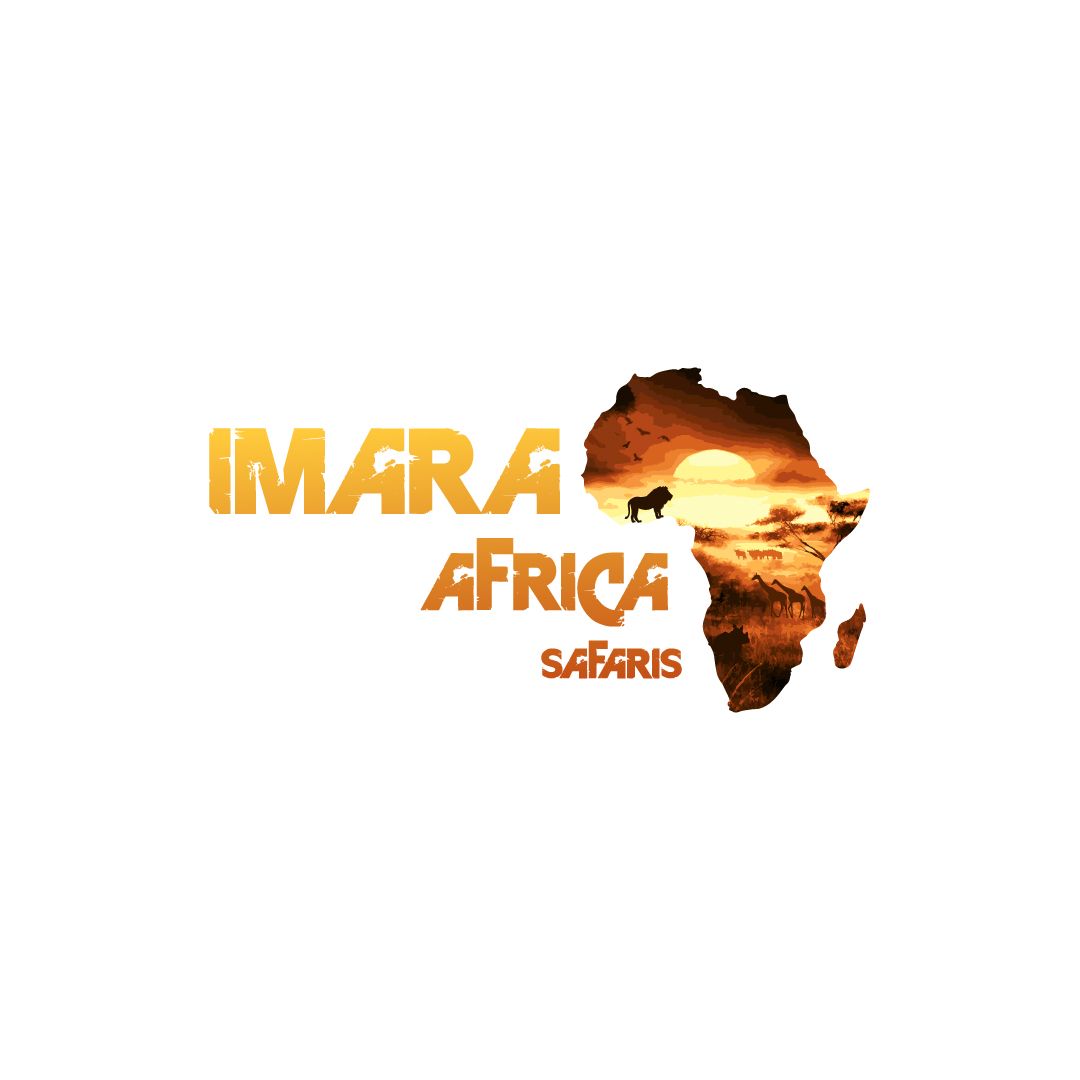Frequently Asked Questions



Please feel free to contact your trusted safari operator, Lewis Munuhe at + 254 (0) 727 824 323 or + 254 (0) 722 751 597. You can also reach him through e-mail at info@imaraafricasafaris.site or visit his main office at Spur Mall, Ruiru, Kenya. If you want to contact the Kenyan Tourist Board: +254 (0)20 271 1262. Also, please know that the Kenya emergency no. is 999.
You are advised to get a travel insurance before embarking on safari to cover for lost property and medical and emergency. The insurance is available locally at an added cost. Please enquire for more details on how you can get the cover. If you have purchased your cover and in the event of an emergency or sudden sickness while you’re on safari in East Africa, we guarantee medical evacuation to a hospital. The medical facilities in Nairobi offer a full staff of professionals along with state-of-the-art testing equipment. Your cover will pay for the Flying Doctors Service to come to your side. Most hotels and safari lodges you will visit has in-house doctor who will attend to you in case of a need.
Normal, comfortable fitting, neutral colored clothes like khaki and cotton travel well, and pale earth colors such as brown, tan or olive are best for viewing wildlife and birds. Camouflage clothes are illegal in many African countries. Solid-colored safari clothes, however, are practical and widely available; Comfortable, closed walking shoes such as topsiders or running/tennis shoes with socks, are recommended over sandals; thorns are everywhere, and socks with your shoes deter mosquito bites. Also, opt for pants or leggings to avoid insect bites. Include a lightweight raincoat or jacket, and a swimsuit (many lodges have pools.) Safari hat would be convenient to avoid sunburn as well. A nice dress is useful for hotels, clubs, casinos and restaurants in Nairobi, where men need to wear a jacket and tie. The 5star Safari game lodges will not seat dinner guests wearing vests, shorts, swim wear. As for beach hotels they do enforce a dress code of “Smart Casual.” Safari/Bermuda shorts are unwelcome at most dining rooms; visitors should dress conservatively in Islamic communities (Lamu, Mombasa, Zanzibar;) long sleeves and long pants also deter mosquitoes and sunburn. Laundry service is available at most lodges and even tented camps, but be very clear about when you need your clothes returned. Take at least three changes of clothes for a week on safari, plus your own detergent to wash a few things. Dry cleaners are rarer than rhinos. The best advice is to travel light, and wear cotton.
olor sit amet, consectetur adipiscing elit. Ut elit tellus, luctus nec ullamcorper mattis, pulvinar dapibus leo.
Tips to driver/guides, tour managers and guides are own discretion, but customary they are highly appreciated for a job well done. For your Tour guide/driver $10.00 per tourist per day is the recommended amount for most safaris. At lodges and camps, the recommended tips are $10.00 per tourist per day to be shared among camp personnel.
Since you will be met upon arrival at the airport and escorted to your hotel, you will not need any local currency before you reach the hotel, where you can obtain it. However, if time permits, airport exchanges often give better rates than hotels. There is now a large number of registered For-Ex Bureaus where you can change your money safely and at excellent rates. Major Credit Cards are often accepted in larger towns and at lodges, but in markets and with vendors along the road, cash works best, and bargaining is expected. We recommend that you take traveler’s checks rather than carrying large amounts of cash. Many travelers find it useful to carry a hand calculator to estimate dollar values while shopping. ATM machines are not widespread and may only be found in major capitals; consult your own bank before departure. In Kenya, the local currency is Kenyan Shillings
Aside from shopping, you need money for drinks, tips and incidentals. Experience has shown that most clients spend between $500 and $1000. The shops are full of tempting items. Major credit cards and travelers checks are accepted in major hotels and stores, but some game lodges and rural shops accept only cash. We also recommend that you take traveler’s checks rather than cash with you. Do not keep all valuables in one place, such as a purse, that could be lost. It’s a good idea, if you have more than one credit card to keep the second in a separate pocket or locked in the hotel safe. Your airline ticket will be collected by our office upon arrival in Nairobi for reconfirmation of your return flights.
No, not if you stay within the marked boundaries of your lodge or in your safari vehicle. Your guide and driver know what is, and is not, safe. Incidents involving animals are rare in East Africa and are, almost without fail, the result of someone doing what they have been advised not to do. Avoid wearing flashy jewelry and bringing too much cash, and always hold onto your purse and camera bag. Beware of clever conmen, some of them pose as police officers, and don’t walk in the city at night nor alone in an empty beach. Also, do not wear money belts, since they can easily be cut off from the rear. It is always a good idea when you travel to keep a photocopy of your passport in your luggage and another at home. It’s a fact that traveling on safari is safer than traveling in most U.S. cities. The people are friendly, and the government patrols the game parks – their most treasured resource- for the safety and benefit of all.
In a typical day you can expect to see 15 to 40 animal species- lions, elephants, giraffes and rhinos, to name a few. Buffalo and wildebeest may be in herds of hundreds or more. Others, like the swift cheetah, are more likely to be found alone. And then there are the birds, over 300 species! Birds in Africa are particularly colorful and easy to spot. Even if you’ve never looked at a bird before, with the help of your driver you’ll easily learn to identify twenty to thirty of the most striking and beautiful birds of Africa. Experienced birders can expect to see 60 to 100 different species in a single day. A special thrill is in store if your safari coincides with the annual wildebeest migration. You’ll see thunderous herds of wildebeest and zebra, totaling more than 1 million, stretching across the horizon. On their trail follow the predators the big cats, and the scavengers hyenas, jackals and vultures.
Imara Africa Safaris Limited uses customized 4×4 vans with pop up roofs or 4×4 land cruisers. The later being more Pricy. The specific vehicle used on a particular safari depends on the country and the reserves to be visited. All vehicles are equipped with two-way radios and are maintained to provide the maximum level of comfort and safety.
It is better to book as far in advance as possible to ensure availability at the time you wish to travel (3-6 months), especially during the peak seasons (July – October and Christmas/New Years). This is especially important for those wishing to travel on private custom safaris and those adding extensions to scheduled trips.
Great International cuisines is available at all the hotels you will be staying. Special dietary requirements are catered for throughout Africa if you need. Please give us advanced notice so that we can make arrangements with the lodges and camps you are scheduled to stay at. Most restaurants offer selections for vegetarians, depending on their forte. Local specialties can be surprisingly good! With the exception of a few lodges, halaal and kosher food is not available at most camps/lodges. Also, please be mindful of consuming food in very local areas as quality level or the cooking style might not suit foreign stomachs. For those who love a good beer, Kenya boasts of a local brew called Tusker Beer.
No. English is spoken throughout East and Southern Africa, especially by those involved in the tourist trade. European and Middle Eastern languages spoken in Africa include German (Namibia) and Arabic (Tanzania). At a reasonable fee, you can get a driver / guide who speaks your local language. Our drivers speak various languages and we have specialists for French, Spanish, Italian, Swahili, Japanese, Indian, Chinese and Russian.
Please ensure that your baggage is packed in soft bags and should weigh no more than 15 to a maximum of 20 kgs per person. It’s possible to store luggage during the safari either at your hotel if you are returning thereafter your trip or in our offices. Most lodges have laundry facilities at an extra charge.
On air safaris the maximum luggage allowance per person is strictly 15 kgs including hand luggage in soft bags.
We highly recommend for every traveler to book a medical cover / insurance from their country of origin. We do provide an AMREF MEDICAL cover (flying Doctors Service, pls. ensure it is listed in your inclusions) which offers air evacuation only from parks / reserves to Nairobi to a local well renowned hospital with good medical care).
Africa offers outstanding value for families. However, some destinations and establishments cater more fully for the enjoyment of children than others. In Kenya, children five years old and younger are generally not allowed on game drives in the parks and reserves. Travel to Tanzania is not recommended for children younger than eight years old. In Botswana and Zambia many lodges do not take children under 12 years. Most lodges have swimming pools and baby-sitting services. Please contact us for more specific information.
We accept payments via bank transfer, online transaction or credit card payment. Pls. note that all credit card payments incur a surcharge of 3.5 – 4.2% depending whether it’s visa or Mastercard.
Cash payments are also acceptable.
Temperatures in are generally mild but can become considerably cooler in the evening, so pack multiple layers of clothing to ensure you stay comfortable on afternoon game drives and walks. It goes without saying that the standard safari gear must include a broad brim hat, sunscreen and mosquito repellent. In areas where malaria is prevalent, summer is generally a more risky time to travel. So, before you go on safari, consult your doctor for the necessary anti-malaria medication. Also bring other emergency medications. Your packing list should include: • Long sleeved shirts, pants and socks to protect from mosquito bites • A small flashlight and batteries • Adapter plugs and convertors for electrical devices • Sun glasses, sun hat and sun screen • Long skirts, t-shirts, sweaters, pants, tops and flip flops • Good walking shoes • A good camera, batteries and a charger • Insect repellent • Light rain gear for summer months • Warm clothes for the morning and evening • Binoculars • Basic medical kit • Padlock • Local sim card for longer stays • Bright colors and white are not advised for a safari but are good for the beach
All visitors are required to carry a passport that is valid for six months beyond the intended length of stay. Nationals of certain countries do not require visas – this depends on the country you are visiting. It is advisable to check with the Embassy of the country that you intend visiting for the latest visa and entry requirements. For tourists who intend to visit Kenya, visa exempt countries can be checked here. • Citizens requiring visa can apply via the E-Visa portal. Visa costs 52 USD and approval is being done real-time.
East Africa can be reached by regular international flights to its major cites ie Nairobi, Dare salaam and Kampala. There are many airlines operating direct flights to Nairobi from Europe, United States and Asia. You can also get easy connections where there are no direct flights. You might choose to approach your local travel agent for assistance regarding the flight connections. Please Contact us for more options! We however arrange flights within Africa.
We plan / tailor most safaris to suit your needs! The itineraries outlined on our website are examples and any of these packages can be booked or simply modified to suit your interest / budget & time availability. Our packages are completely flexible and can start on ANY day as long as there is room availability (except for group tours with fixed departure dates).
Africa remains the last outpost of raw adventure, a refuge from the modern world. From the splendor of the Masai Mara / Serengeti teeming with herds of a million wildebeest, to the pristine beauty of the Lake Nakuru / Ngorongoro Crater, to the scenic viewing of game parks and forgetting the gorilla tracking at Queen Elizabeth National Park. This ancient land and its people offer a travel experience truly unlike any other. Eastern Africa in particular, in our opinion, provides travelers with the highest quality African wildlife, mountain climbing and beach relaxation experience of a lifetime.
For on-line visas, we recommend that you fill out the forms in advance as per links provided below.
Visiting Kenya: http://evisa.go.ke/evisa.html
Kenya and Tanzania require specific nationalities to hold a valid yellow fever vaccination certificate. Depending on your country of origin, additional vaccination certificates may be required.
Located on the Equator, Kenya, has no definitive seasons like the Northern and Southern hemispheres. East Africa has a pleasant climate all year round and is perfect for safaris & game viewing during any season.
We have two rainy seasons:
– The short rains which occur from late October through November
– The long rains which occur from late March to end of May
April & May are GREEN season months which are our “quiet time” where you simply get the “best deal”! Even though more rain is anticipated than usual, one experiences fantastic game viewing, mostly exclusive with very few vehicles in the vicinity as the parks are less frequented.
The famous annual Great Migration usually starts in the Southern Serengeti popularly known as Ndutu with the Wildebeest calving during end of January to March and moves onto Western / Northern Serengeti in May / June. The larger herds cross over into the Maasai Mara from July to October. This is considered to be the peak season for East Africa along with the Christmas & New Year seasons.
Both the Serengeti & Maasai Mara offer excellent game viewing all year round. A good time to travel is January to March and particularly late October / November. Rates are more reasonable too during these months than the peak season.
Our Partners












